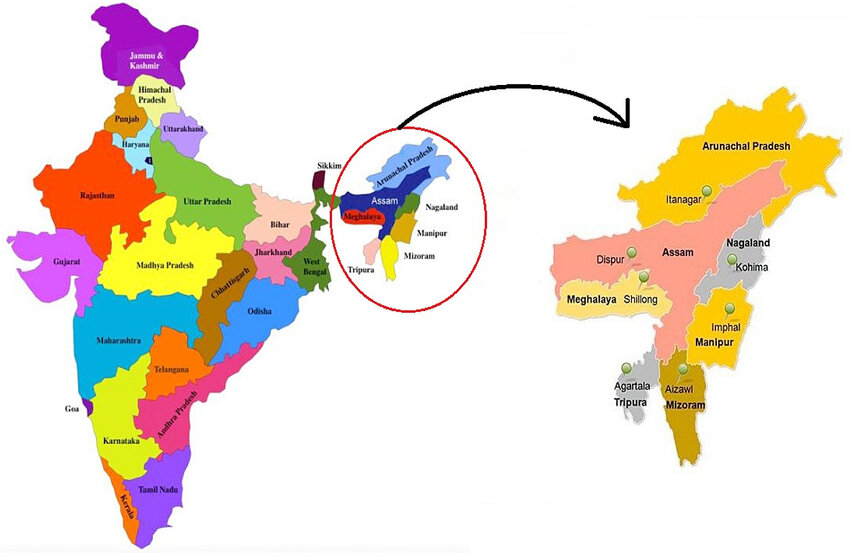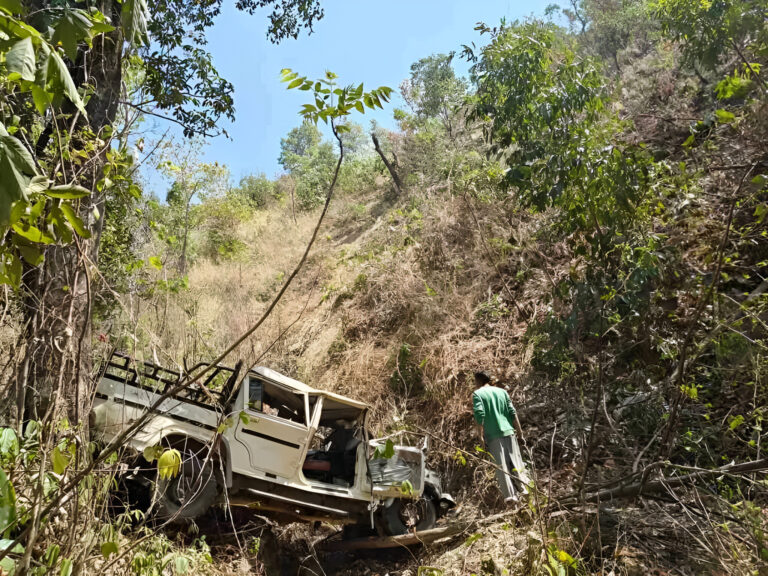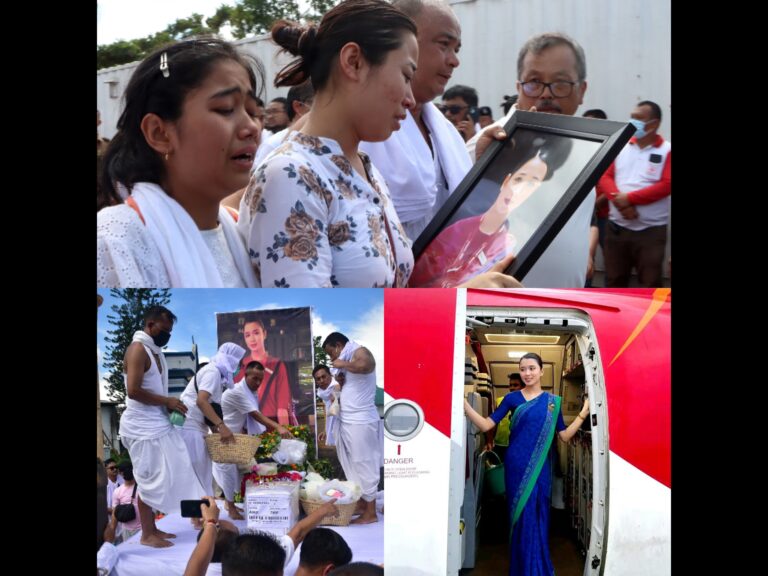ULFA‑I & NSCN‑YA Call for Independence Day Boycott in “WESEA”
Short summary (quick news digest)
A joint statement from the United Liberation Front of Asom‑Independent (ULFA‑I) and the Yung Aung faction of the National Socialist Council of Nagalim (NSCN‑YA) urged people in a region they call WESEA — broadly covering parts of Assam, Arunachal Pradesh, Manipur and Nagaland — to boycott India’s Independence Day on 15 August 2025, asking citizens to stay indoors as a symbolic protest. The outfits described Independence Day as a meaningless “so‑called celebration of freedom” for the region and framed the call as resistance against long‑standing military presence and alleged repression. Regional papers and news outlets reported the joint appeal on 10–11 August 2025.
Opening — a short question to get you thinking
What does it mean when armed groups ask an entire region to stay home on a national holiday? Is it a power play, a morale test, or simply old headline politics repeating itself? The joint call by ULFA‑I and NSCN‑YA to boycott Independence Day across a swathe of northeast India is all of those things — and more. It’s political messaging, a show of capability and reach, and a direct challenge to the state’s claim of normalcy in an area where history, identity and security remain deeply contested. Let’s unpack the facts, the background, the likely reactions, and what this could mean for everyday life on August 15.
The core facts — who said what, and where
On 10–11 August 2025, multiple regional news outlets published a joint statement attributed to the ULFA‑I (the Independent faction of the United Liberation Front of Asom) and the NSCN’s Yung Aung faction. The statement dismissed India’s Independence Day as an “imposed” celebration that holds no meaning for the people of what they call WESEA (Western South East Asia), naming Assam, Arunachal Pradesh, Manipur and Nagaland as the target area. The groups called on residents to remain indoors on 15 August as a symbolic act of resistance and urged supporters to “expose India’s war crimes” in the region.
Those are the verified, public elements: a joint statement, the boycott call for Aug 15, and the geographic scope. Regional outlets including NorthEast Now, Nagaland Tribune, Morung Express and Arunachal Times carried the statement and commentary.
A short history flash: why Independence Day has been a flashpoint before
Independence Day isn’t a random date for insurgent action — it is symbolic and has been targeted in the past. The most notorious historical example is the Dhemaji bombing on 15 August 2004, when an explosion at an Independence Day event killed many, including children; that attack became a tragic emblem of how militants have sometimes struck public gatherings on national dates. Such events are why security agencies treat boycott calls around I‑Day seriously.
More recently, insurgent outfits in the region (including ULFA) have periodically called for boycotts, bandhs (shutdowns), or demonstrations on national holidays — both to register dissent and to test organizational reach. The 2025 joint statement fits into that pattern: symbolic timing, broad geographic appeal, and a desire to shape the narrative.
Five FAQs
Q1: Are ULFA‑I and NSCN‑YA asking people to use violence on August 15?
A1: No — the joint statement calls for a boycott / staying indoors as a symbolic protest. It does not publicly ask for attacks. That said, authorities treat such calls seriously because even non‑violent shutdowns can be enforced through intimidation or lead to opportunistic violence.
Q2: Which states are included in WESEA according to the statement?
A2: The statement names Assam, Arunachal Pradesh, Manipur and Nagaland as the WESEA region for this boycott call.
Q3: Will official Independence Day events in these states be cancelled?
A3: As of the latest reports, official state and district events are scheduled to go ahead; authorities typically increase security rather than cancel national ceremonies. Always check your district administration’s announcements for last‑minute changes.
Q4: Has the government acted against such boycott calls before?
A4: Yes. Security forces frequently step up area domination, anti‑sabotage checks and arrests ahead of sensitive dates, and they’ve carried out arrests of cadres and linkmen in recent weeks to disrupt operational networks.
Q5: How should I verify news about closures or threats on August 15?
A5: Rely on official district police or administration social handles, established regional outlets (e.g., NorthEast Now, Nagaland Tribune, Morung Express) and verified national media. Avoid resharing unverified audio/video clips on messaging apps.





